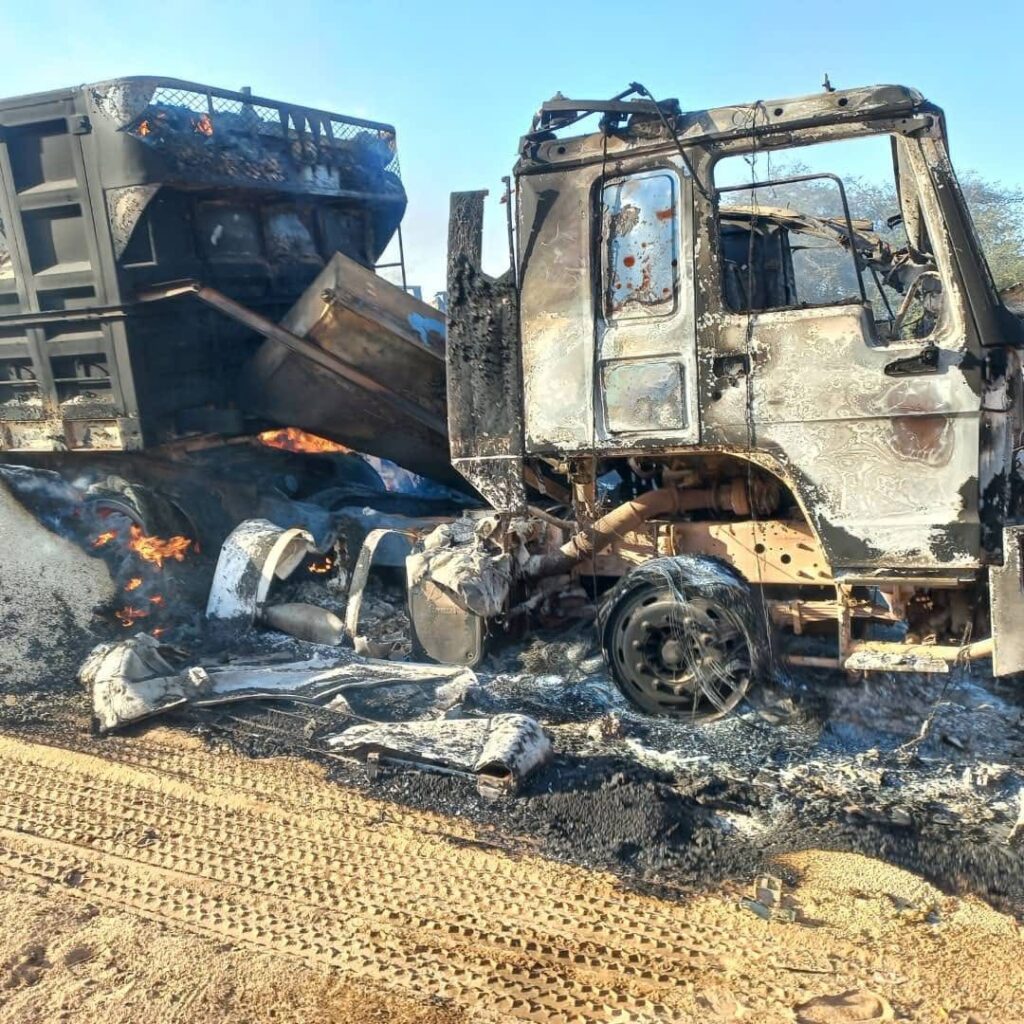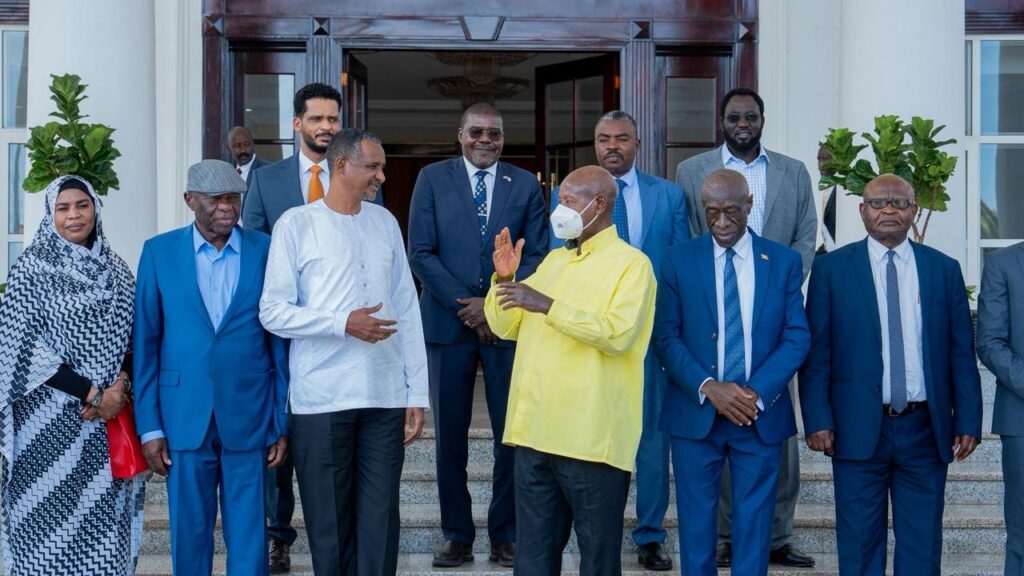
Amid a war that has scorched nearly every corner of Sudan, General al-Burhan’s army (SAF) has presented a consistent message to the international community: it is the actor safeguarding civilians and facilitating humanitarian access. For weeks, its commanders have urged the lifting of the Rapid Support Forces’ siege of El Fasher, insisting their priority is to bring aid to trapped residents.
What happened in Mellit, North Darfur, shattered that narrative. Even as the SAF demanded safe passage for aid into El Fasher, its warplanes struck a humanitarian convoy carrying food and medicine, turning trucks into fire and ash. The episode suggests “aid” is being wielded as leverage, not as a lifeline. If the goal were truly relief delivery, the SAF would not bomb a clearly routed UN convoy.
The fixation on El Fasher is less about civilian protection than about a garrisoned SAF presence inside the city. In Mellit—where the convoy was headed to areas beyond SAF control—the decision was to hit it. In practice, the SAF’s humanitarian rhetoric has served as military cover and political PR.
Unable to secure a decisive battlefield victory, the SAF appears to see control over food as more potent than any offensive. The Mellit strike was not aimed at the RSF so much as it was a message to civilians: no aid without submission. That stance places the SAF alongside its adversaries in making hunger a weapon against unarmed people.
The SAF gambled that global audiences would accept its “protector of civilians” script. Mellit tells a different story: humanitarian language in El Fasher, relief-bombing in Mellit. This duplicity demands moral clarity—either confront the reality or abet the falsehoods.
The Mellit attack was not a battlefield error; it was a political choice aligned with a long-running strategy: starvation first, denial second. While the SAF proclaims it is “protecting the people,” bread and medicine have been turned into targets of war. The verdict is a grave breach amounting to a war crime—and a window into an SAF doctrine subsumed by the Islamic Movement (Muslim Brotherhood).




